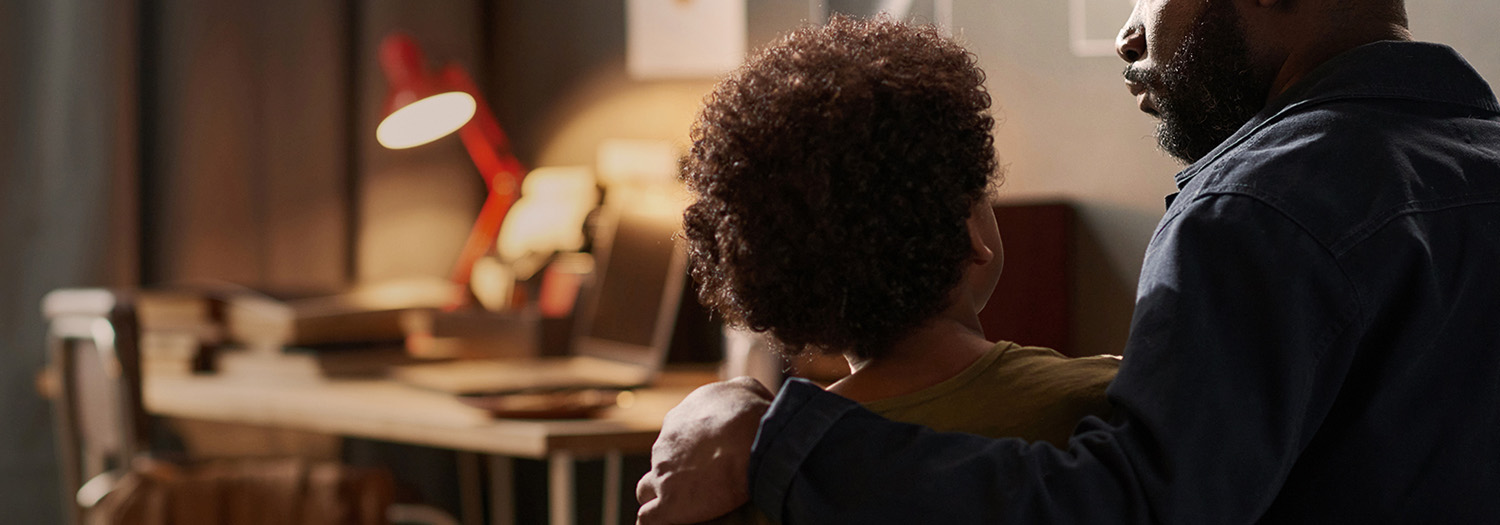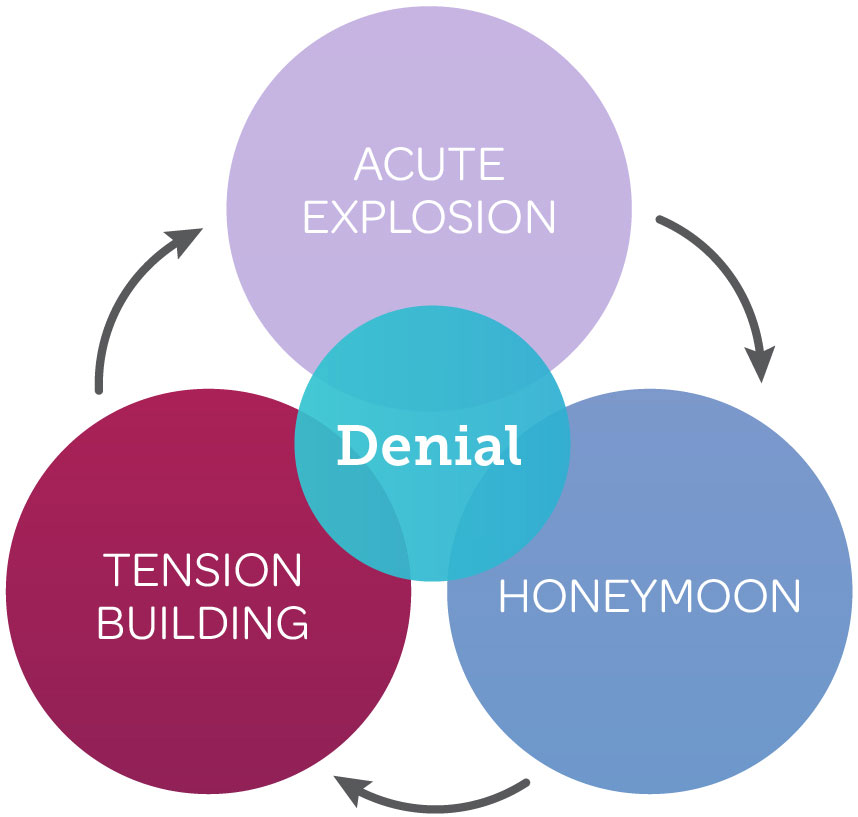
Stay Informed
Creating a community free of domestic violence requires continual information sharing and dialogue. Stay connected with us through the information resources on this page and – please – share what you learn.
Stay Informed
Join Our Email Newsletter
Loving an Abuser

Domestic violence occurs across all ethnic, economic, and social levels in society. It affects both heterosexual and homosexual relationships, as well as both men and women. Domestic violence includes physical abuse, emotional abuse, sexual abuse, and economic abuse. When speaking about domestic violence to those who have never been personally affected, a common question often manifests. Why does the victim stay with their abuser?
Psychologists along with many other professionals have proposed many different concepts, theories, and ideas regarding this complicated question. Specifically, clinical psychologist Dr. Joseph M. Carver PhD suggests the concept “Cognitive Dissonance” as one explanation.
“Cognitive Dissonance” is a concept that describes how people might change their ideas, values, and opinions in order to allow or support negative situations or decisions in their life. It implies that the more an individual has invested in something, the more that they will justify their belief in the success or positivity of their situation.
When applying this concept to domestic violence and why women stay, it is easy to develop how victims might suffer from cognitive dissonance. When a victim believes that they are truly in love with their abuser, and they have a family with them, combined (or controlled) finances, or many other investments that occur in any family or relationship, then it is easy for them to come up with excuses as to why they might deserve the abuse that they are receiving. They may think of reasons to support their abuser’s actions. For example: “He is under a lot of stress at work.” Or “At least he doesn’t hit me in front of the kids.”
Although cognitive dissonance is just one propose explanation to our question, it is a way to help family and friends of victims to understand the complexity of the situation that their loved one is in. If you or someone you love is in an abusive relationship, please call Marjaree Mason Center’s 24 hour hotline at 559.233.HELP (4357).
